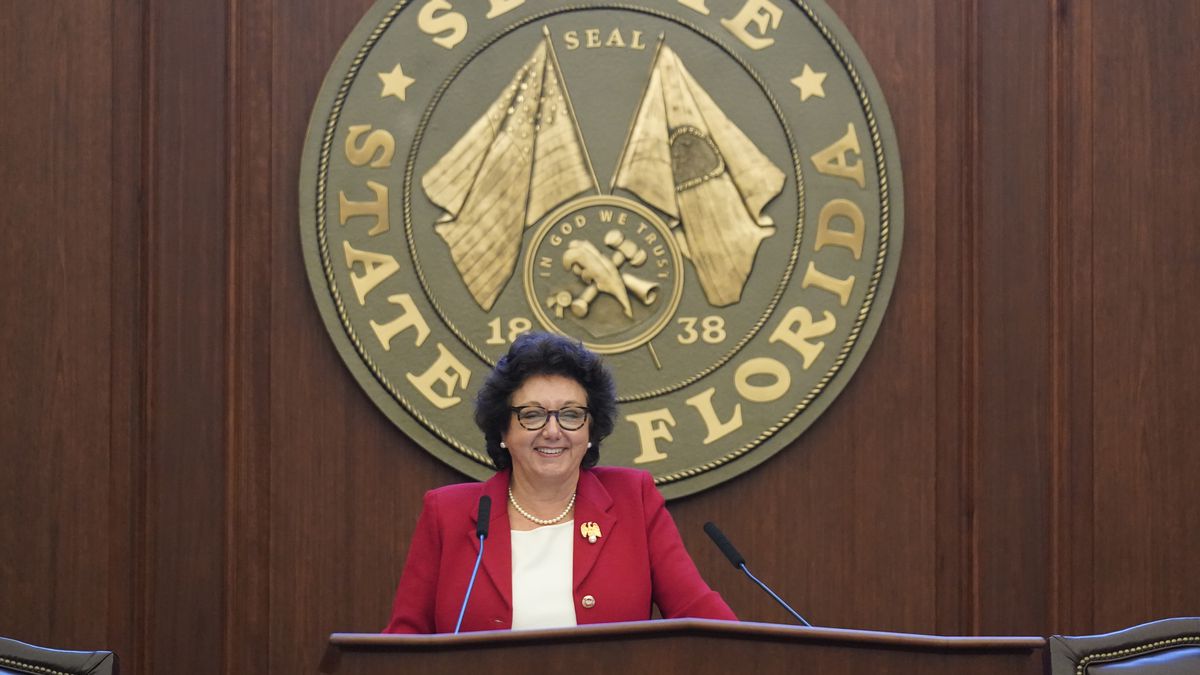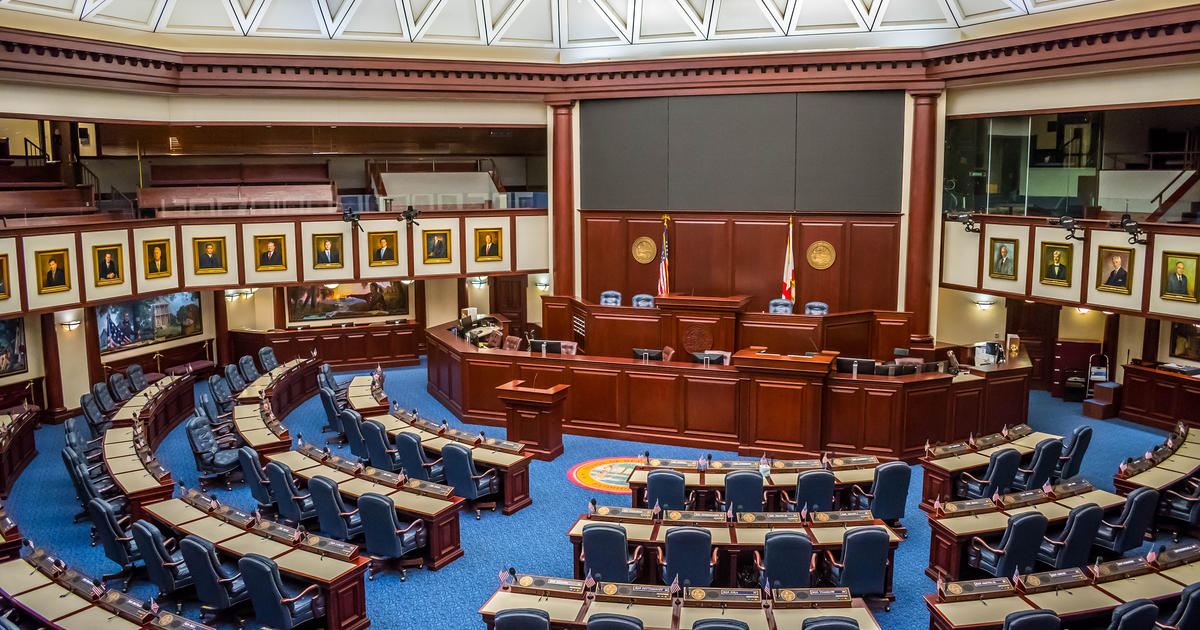We must be seeing different mid levels. Supervised midlevels can be a great boon to certain specialties. But what I have seen is private equity deciding that a busy ED can be staffed overnight by a single physician and a team of midlevels with minimal oversight ability by the single doc. Due to the rapid increase in online only midlevel degree programs, and the mistaken advancement of full practice authority or minimal supervision requirements in many states, there is a surfeit of inexperienced midlevels (general NPs more so than PAs) who can be paid less but bill similarly as physicians, and private equity has made the decision to replace physicians due to profit considerations, not patient care considerations. I have personally seen too many late diagnosed disasters due to inappropriate midlevel training and oversight, not to mention inappropriate referrals and lab/imaging orders. I know I’m not the only one who sees these low quality referrals from the mid levels, and over ordering of tests they can’t interpret, as there is data and studies showing this.
We will never cut down on non-emergency ED visits until we find a way to get more people access to good primary care with a focus on continuity and early intervention.
And I personally tell my friends and family not to go to urgent cares, as most will be seen by an unsupervised midlevel, and the care provided is usually a shotgun approach and wrong, resulting in over prescription at best and under diagnosis at worst. I rarely see appropriate care provided in those settings. So I tell people that either it can wait to see their PCP (and to ensure the PCP is a physician and not a midlevel practicing independently or with minimal oversight) or they need to go to an ED. While I understand the goal of an urgent care, I think the vast majority succeed in providing quality care, I do not want my patients or loved ones seen in that setting.

 www.tampabay.com
www.tampabay.com
 www.flsenate.gov
www.flsenate.gov


